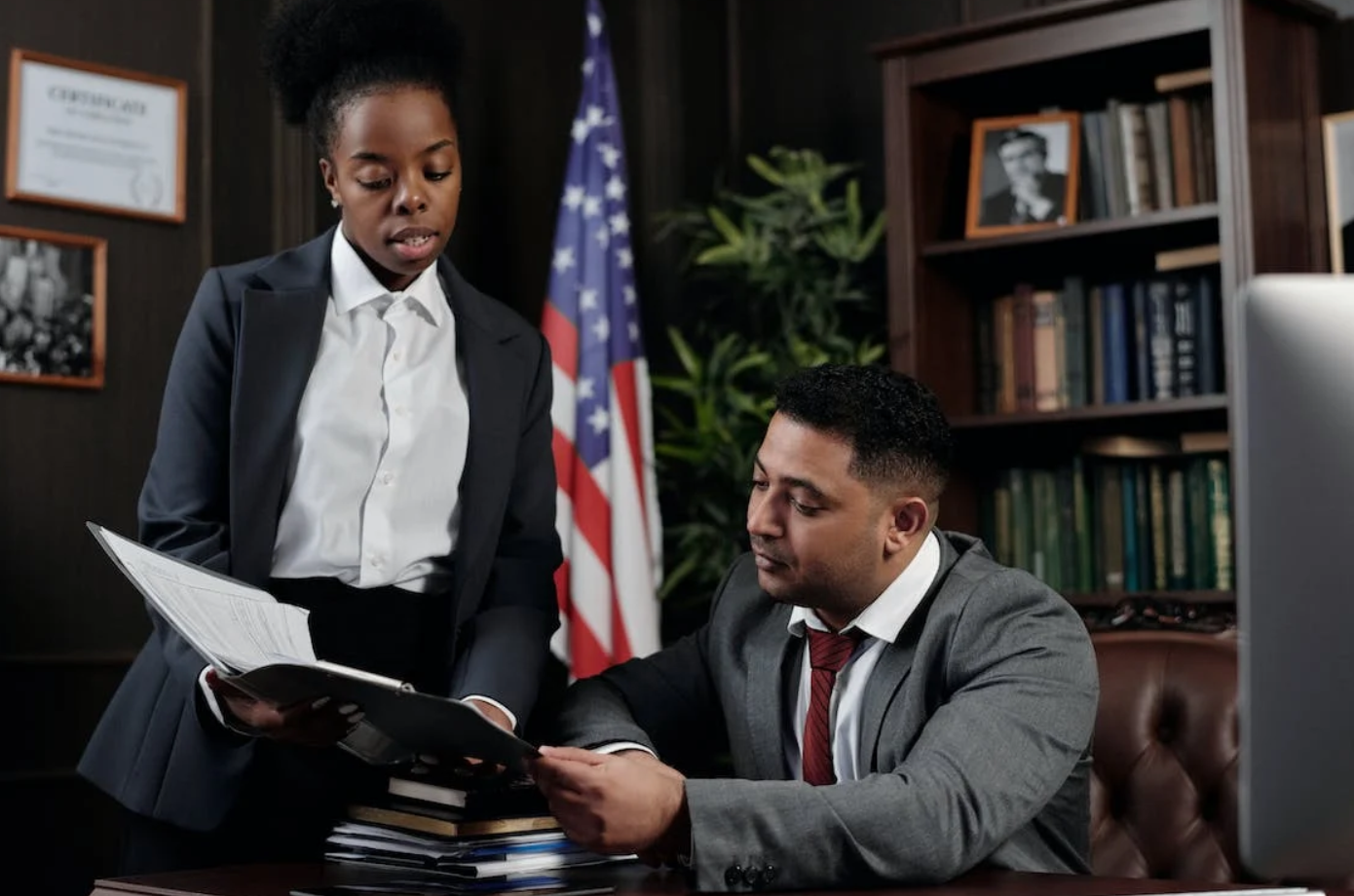Estate planning is especially important regardless of age, wealth, or life circumstances or related variables.
In accordance with Texas probate laws, interested parties to a last will and testament can legally dispute its validity if they file a formal lawsuit. An individual has a two-year statute of limitations to contest a will beginning on the date the will was admitted to probate. It is important for individuals to seek legal counsel to set up estate planning documents to protect their assets or arrange for care of loved ones when they are no longer able to. A good lawyer will be able to address all areas that could be contested and act against them. Common reasons for contesting a will include:
- Lack of testamentary capacity is the legal term used to describe a person’s legal ability to make or alter a valid will. Issues of testamentary capacity arise when interested parties claim that the testator did not understand what was happening because they did not understand: they were signing a will; what property was included in the will; who would be receiving the property; or the inability to understand any part of the document in cases of Alzheimer’s for example.
- Undue influence occurs when someone is pressuring the will maker and inappropriately swaying the decisions of the will maker. Undue influence is evaluated by examining if the testator made a will different than they normally would have. Undue influence in estate planning can be difficult to prove because the will maker is often unavailable to be in court answering questions concerning influences during the will-making process
- Due execution includes specific steps and formalities that must occur under Texas law. If these are not followed, lack of due execution is a reason to contest a will in Texas. Lack of a witness or a missing signature are examples of missed steps in the will execution process.
Importance of estate planning

Estate planning is especially important regardless of age, wealth, or life circumstances or related variables. It allows a person’s wishes to be heard when they cannot speak for themself. Estate planning can not only prevent family conflicts, but it can prevent loved ones from having to make painful healthcare decisions as well. When an individual has worked hard to acquire assets including real estate, they want to make certain these assets are utilized in the best interests of surviving loved ones upon their death. A Texas estate planning lawyer will review documents when estate planning is initiated to ascertain any loopholes that individuals would be able to contest when a will goes to probate. Closing out Texas estates can be time-consuming and dragged out, depending upon the nature of the assets left to distribute and instances of beneficiaries contesting a will, requiring the service of an estate planning lawyer.
Tax concerns
A Fort Worth estate planning lawyer will do their best to effectively address all pointed concerns of clients when drafting a will. A tax lawyer will be able to apprise beneficiaries of the tax liabilities associated with any type of asset they receive during estate settlements. Experienced lawyers who understand the state and federal laws that will impact administration of a will can guide interested parties in accordance with estate planning documents.
Sources:


Join the conversation!